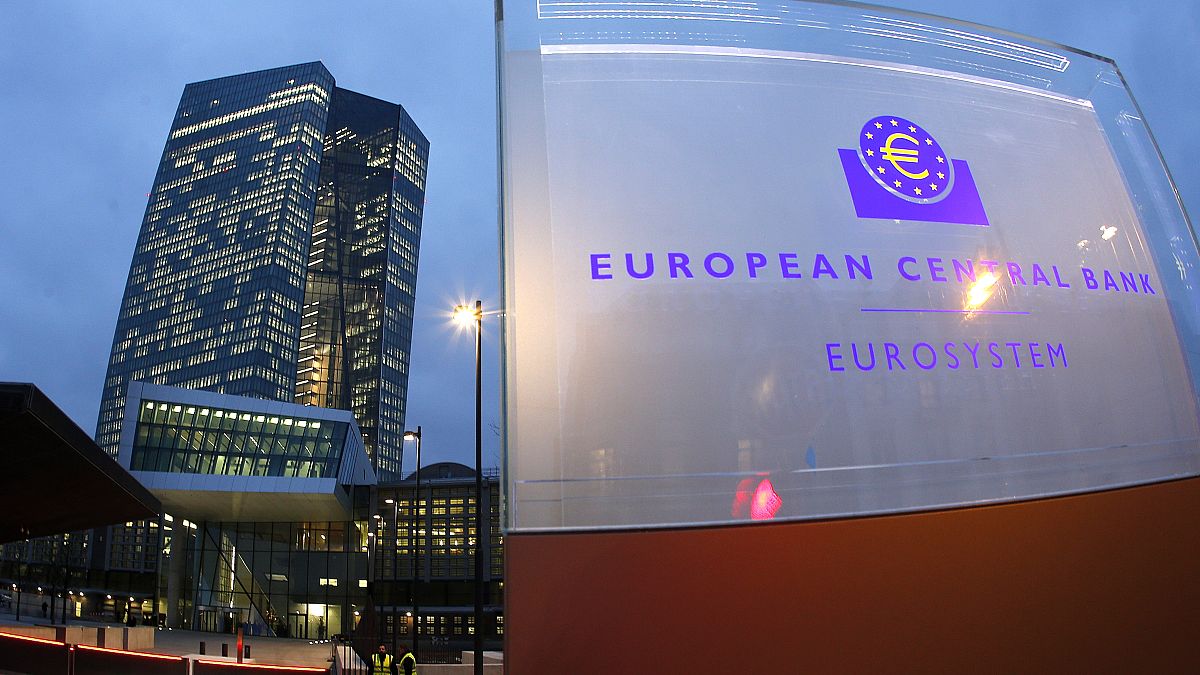This week, global stock markets showed a mostly positive trend, driven by growing optimism surrounding central banks’ potential interest rate cuts. The European Central Bank (ECB) initiated its second rate reduction of the year, which sparked a market rally across Europe.
European Stock Market Overview
After facing losses earlier in the week, European stock markets recovered remarkably, mainly fueled by the ECB’s highly anticipated rate cut on Thursday. Major benchmarks are set to conclude the week on a high note, with the Euro Stoxx 600 edging up by 0.15%, the DAX surging by 1.18%, the CAC 40 climbing 1.13%, and the FTSE 100 advancing 0.73%.
As widely expected, the ECB reduced rates while tempering its economic outlook slightly. The Governing Council emphasized that future policy decisions will be made based on incoming data, suggesting that any further rate cuts would be evaluated on a meeting-by-meeting basis. Although the likelihood of another rate cut in October has diminished, a reduction in November remains a possibility.
Reflecting broader market trends, technology stocks, which had previously faced significant declines, rebounded strongly this week, buoyed by the prospect of lower interest rates. Notable gains included ASML, up 3.48%, and SAP, rising 2.145%.
Financial stocks also performed well amidst impactful news in the sector. HSBC gained 1%, UBS saw a rise of 1.4%, and BNP Paribas climbed 1.37% this week. Notably, HSBC is exploring a merger of its Commercial and Investment Banking divisions to streamline costs. In a separate development, UniCredit acquired a 9% stake in Commerzbank, including a 4.49% purchase from the German government, leading to a notable 18% surge in Commerzbank’s shares, while UniCredit shares rose by 2.7%.
Conversely, luxury consumer stocks struggled due to ongoing weak demand from China. LVMH shares fell 5.31%, Hermès dropped by 7.31%, Ferrari slipped 2.67%, and Christian Dior declined by 4.52% over the past five trading days.
The pharmaceutical sector experienced mixed results. Novo Nordisk rebounded, increasing 2.66% on Thursday, as it reported that its experimental anti-obesity pill could outperform the Wegovy injection. Meanwhile, Roche’s shares fell over 2% after news surfaced regarding side effects linked to its early-stage weight-loss pill, causing a 4.47% decline over the week.
On the economic front, the UK reported its second consecutive month of stagnant GDP, raising expectations for potential further rate cuts by the Bank of England. Nevertheless, both the British pound and euro experienced rebounds from their weekly lows, thanks to the weakening US dollar amid easing US inflation.
Wall Street Highlights
In the United States, stock markets rebounded sharply as investors anticipated a potential rate cut from the Federal Reserve next week. August’s US inflation data showed a cooling trend, reaching its lowest level since February 2021, though core inflation came in slightly above expectations. Despite lowered expectations for significant cuts, optimism around a soft economic landing and gradual rate reductions drove a broader market rally.
Over the last five trading days, the Dow Jones Industrial Average rose by 1.86%, the S&P 500 climbed by 3.46%, and the Nasdaq Composite advanced by an impressive 5.27%. Eight out of eleven sectors reported weekly gains, with the Technology sector leading at 3.85%. The interest-sensitive Real Estate sector also outperformed, climbing 2.15%. In contrast, the Energy sector lagged, declining by 2.32% due to falling crude prices.
In individual stock performance, Nvidia regained all of its prior week’s losses, surging 11% over five days. The “Magnificent Seven” stocks had varied outcomes: Microsoft increased by 4.56%, Amazon rose 5.12%, and Meta gained 1.69%, while Alphabet fell by 1.93% and Tesla dipped 0.16%. Apple’s shares remained stable after announcing the AI-powered iPhone 16 series, although the new features won’t be available until October.
Asia-Pacific Stock Performance
Major stock indices in the Asia-Pacific region are set to close the week positively, coinciding with global trends. Japan’s Nikkei 225 saw a slight increase, while the Australian ASX 200 reached an all-time high, with 10 out of 11 sectors posting weekly gains, particularly in real estate amid expectations for rate cuts.
Conversely, China’s Hang Seng Index rose for the third consecutive day on Friday, showing resilient performance despite a flat weekly outcome. Recent government measures aimed at stimulating the economy are gaining traction, as evidenced by an 8.7% year-on-year increase in exports for August, surpassing the anticipated 6.5%. However, imports showed only minimal growth at 0.5%, indicating ongoing issues with domestic demand. The Chinese government is intensifying support for its struggling property market, which is expected to restore consumer and business confidence.
Photo credit & article inspired by: Euronews



